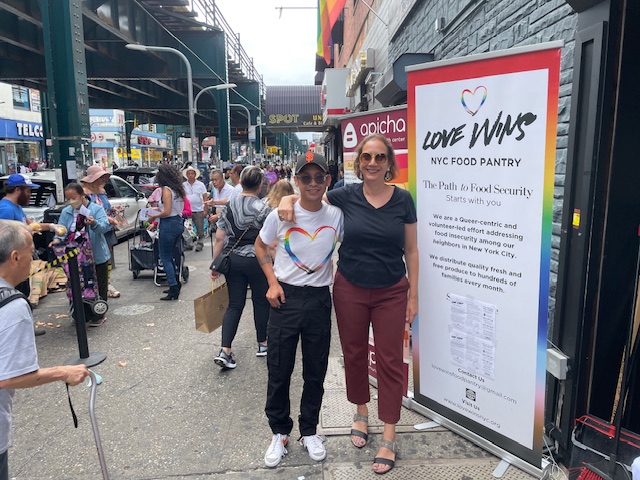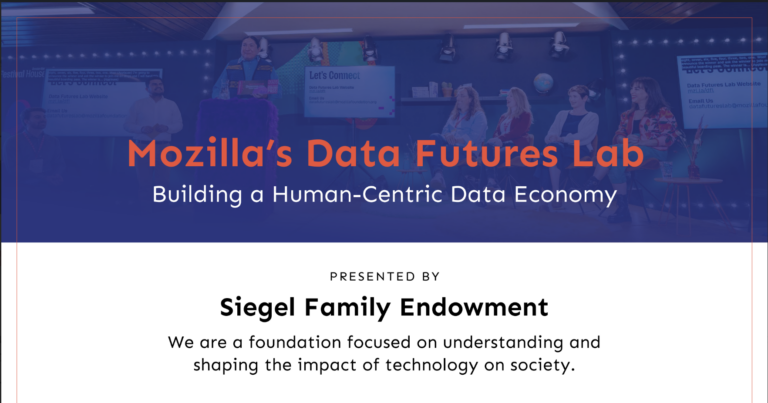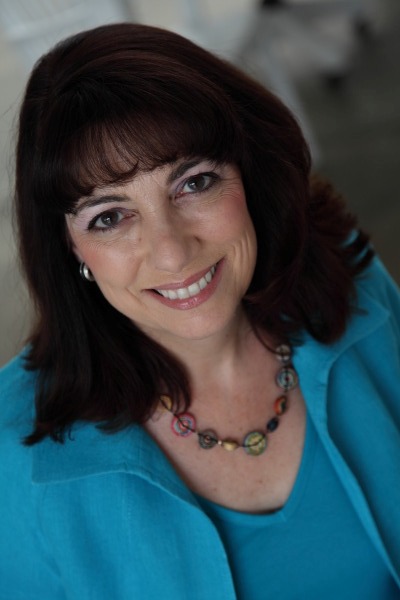Coronavirus and its associated impacts have significantly affected all aspects of our day-to-day routines. Many of SFE’s grantees are adapting by finding new ways to make their programs available remotely and modifying their work to keep serving communities everywhere in the face of substantial uncertainty.
We’re keeping a running list of our grantees and partners who are adapting their programming to be accessible remotely. We’ll keep refreshing this article as our partners share more about their plans for staying online, interactive, and in service in the days and weeks ahead.
Last updated June 9, 2020
P2PU has published a guide for running and managing Learning Circles virtually. The resource was compiled over the course of two months with input from more than 60 of P2PU’s library partners around the country, and offers guidelines for replicating their free, in-person community-based learning programs in a distributed, digital context.
Feedback Labs has introduced a number of resources to help non-profits and small organizations use feedback to help adapt their work to meet new and emerging needs during the pandemic. Their Feedback During COVID-19 resource page includes tips and tools for non-profits to better incorporate feedback when developing responses to COVID-19. They’re also hosting a free webinar on the importance of feedback and listening that’s tailored to meeting new needs stemming from the COVID-19 pandemic.
The Stanford Social Innovation Review (an affiliated publication of SFE grantee Stanford PACS) has published an article aimed at helping nonprofits remain relevant and financially viable in the wake of the COVID-19 pandemic. The piece highlights three key questions that non-profits can engage in order to stay mindful of what motivates their work and what makes it possible, along with strategies for keeping it true to purpose.
CSforALL is working with their partner organizations to collect and share resources to support at-home and virtual CS education. This April, CSforALL will conduct a series of Community Calls to continue CS conversations, share resources and challenges, and discuss future strategy. See here for topics, dates, and reservation links. To see CSforALL’s full COVID-19 response, check their webpage.
Scratch is collecting creative ways to learn remotely using Scratch under the hashtag #ScratchAtHome. Teachers, students, and Scratchers of all ages can share online learning projects, and follow the hashtag to get new ideas. The Scratch Team suggests getting started with a project from their Ideas page.
Khan Academy is offering resources to help parents make the most of the core platform on khanacademy.org (for children in grades 2-12) and Khan Academy Kids (for children ages 2-7). All of these resources are free to use, and there are no ads or subscriptions required. Tools for parents and teachers include:
- Guidance for parents and teachers to help them get started on using Khan Academy at home.
- Suggested daily schedules for students who are learning from home.
- New online resources for parents, teachers, and students who are looking for self-service information. All of these resources are being translated into 11 languages.
- Webinars for teachers and parents to help launch remote learning for students. See here for a recording of the webinar for teachers held last Thursday (3/12/20). The first parent-focused webinar will be on Wednesday, 3/18/20 at 8 pm EST. Registration is open here.
- Daily livestreams with Sal Khan to help teachers, parents, and students feel connected, informed, and empowered.
- Support for school districts, including responses to inquiries, guidance, and personalized support.
Sunset Spark, a community-based science and engineering learning hub for new Americans located in Sunset Park, Brooklyn, is offering their classes live and online. They’re planning to do a 4th-5th grade coding class and a 1st-3rd grade CS class (more focused on content and culture than coding) every weekday, plus some other one-off lessons. Check the first one out here. They’re also making information about their livestream classes available to other organizations that work with kids. More information is available at http://sunsetspark.org/at-home/.
Ripple Effect has modified their education programs, and is asking for help creating educational content for students who are learning remotely. It’s an opportunity to play a role in creating a short, positive learning experience that’s a free, easy, and hands-on way to establish basic concepts of water and land interactions. Read the guidelines here to get started.
Cornell Tech‘s K-12 education team has launched Breakfast_CS, a Twitter account that helps parents and kids learn fundamental computer science and computational thinking principles. Each morning, the team shares a challenge based in computational thinking and design that parents and kids can do at home together. Follow along here.
The New York Hall of Science (NYSCI) is offering some of their existing resources online, including the interactive comic book, Transmissions: Gone Viral, and the pop-up exhibit The Science Behind The Virus. Explore their full set of online offerings here.
The Constellations Center for Equity in Computing has produced a set of free resources to help students continue to learn computer science at home. Their new resources page includes videos, webinars, and articles for teachers who are now teaching remotely, and different platforms that students can use the learn how to code beyond the classroom.
Cooper Hewitt‘s education team has led the Smithsonian’s institution-wide efforts to bring their vast array of learning resources online. The resulting hub of Distance Learning tools draws from draws from resources across the Smithsonian’s 19 museums, 9 research centers, 21 libraries, and archives, and makes them accessible for learners in a variety of contexts and with differing levels of tech access. The hub is designed to provide training, materials, and support for teachers, families, and students who are working to adapt their learning to a primarily online context. The team also developed an easy-to-use “Choice Board” to help students navigate and choose different activities from the Distance Learning lab’s diverse resources.
Genspace, a community biotech lab in Brooklyn, NY, is transitioning their courses, events, and group learning opportunities to online formats. Currently scheduled upcoming events include Mining Human Genome Data with R and Neurohacking 201: Machine Learning. Explore the full listing of upcoming online events and trainings here.





